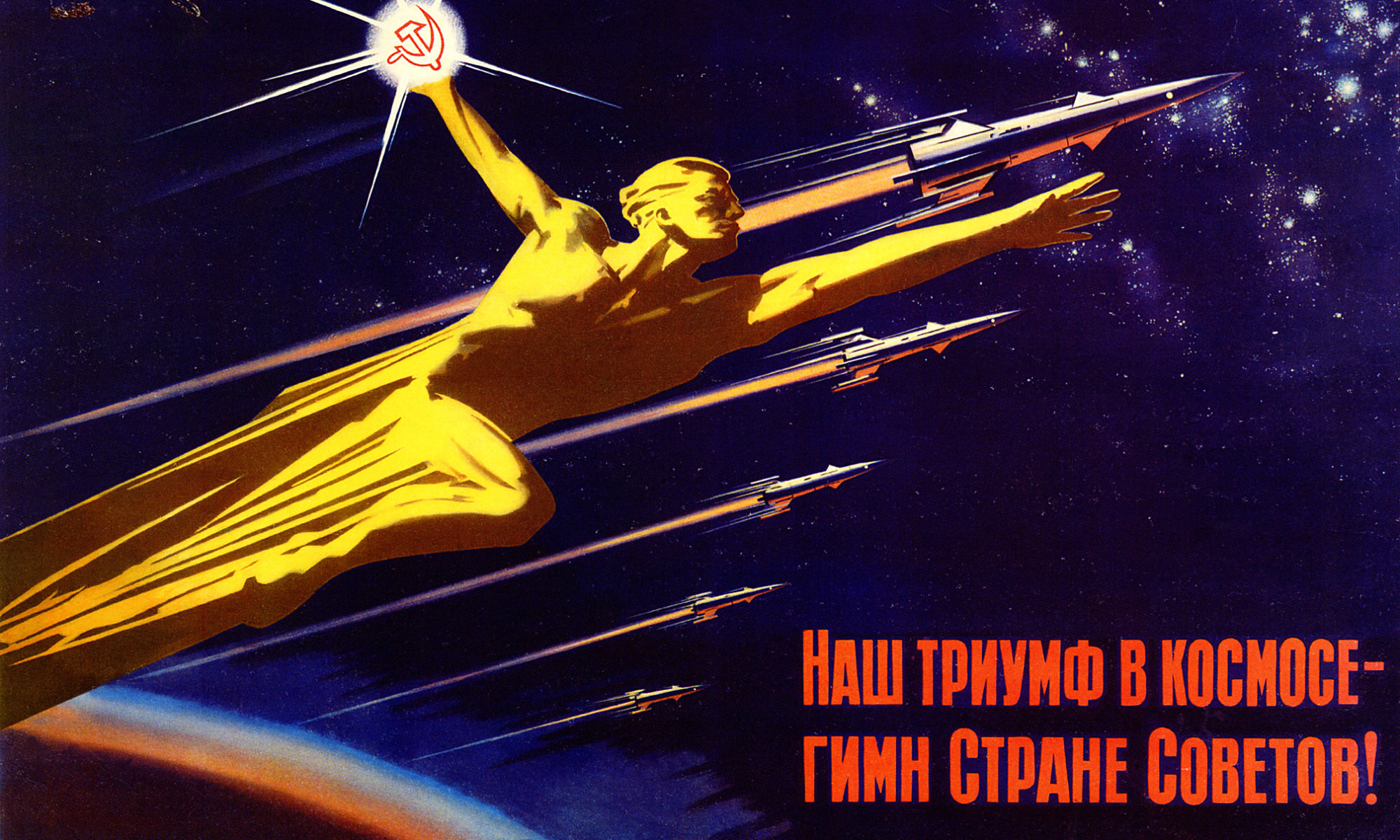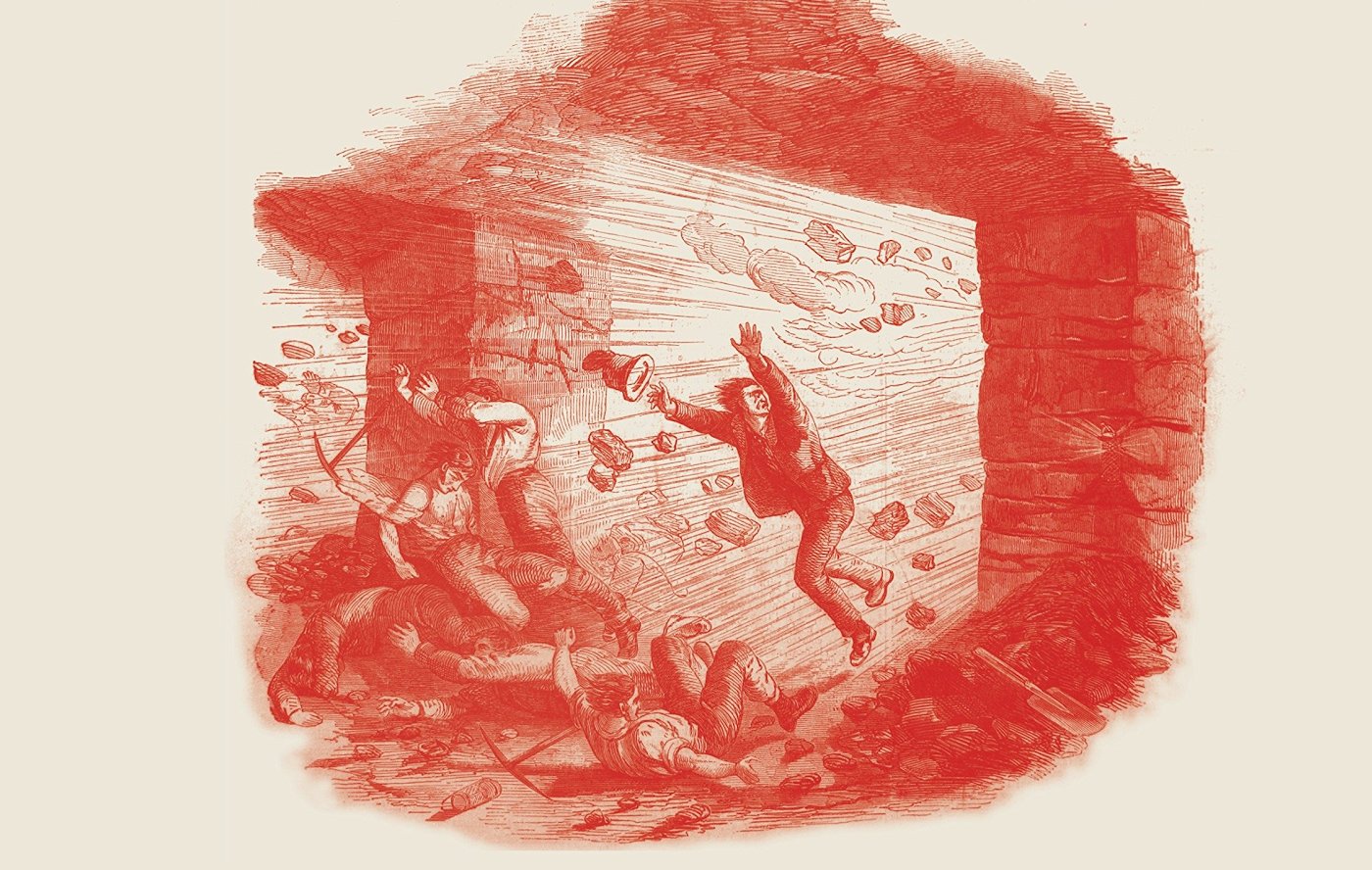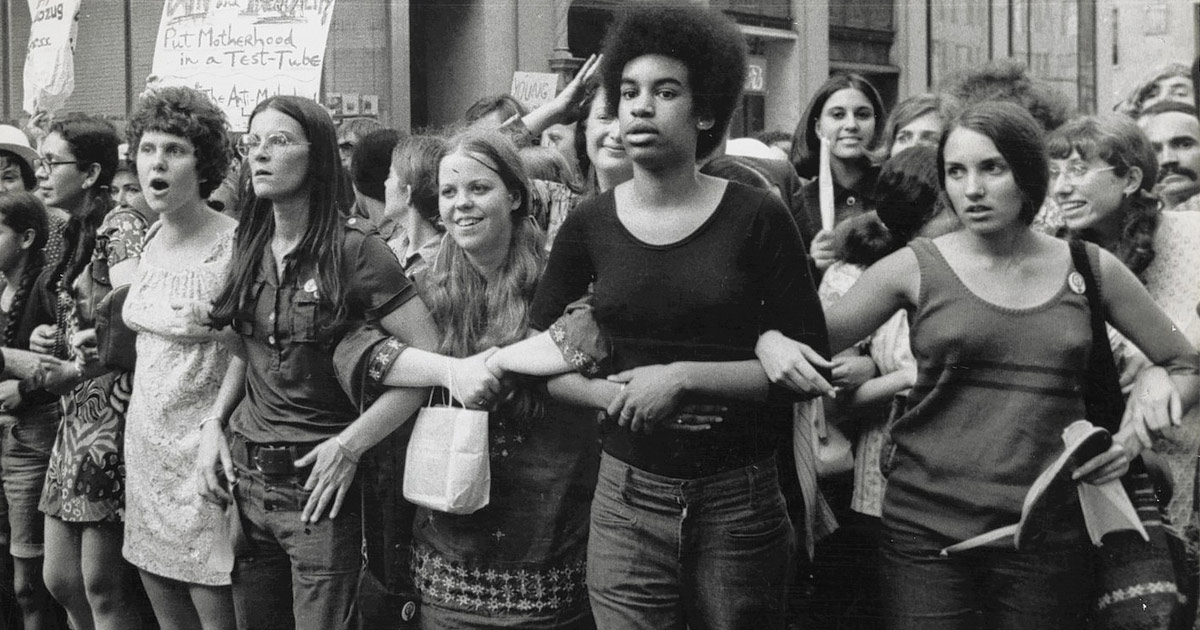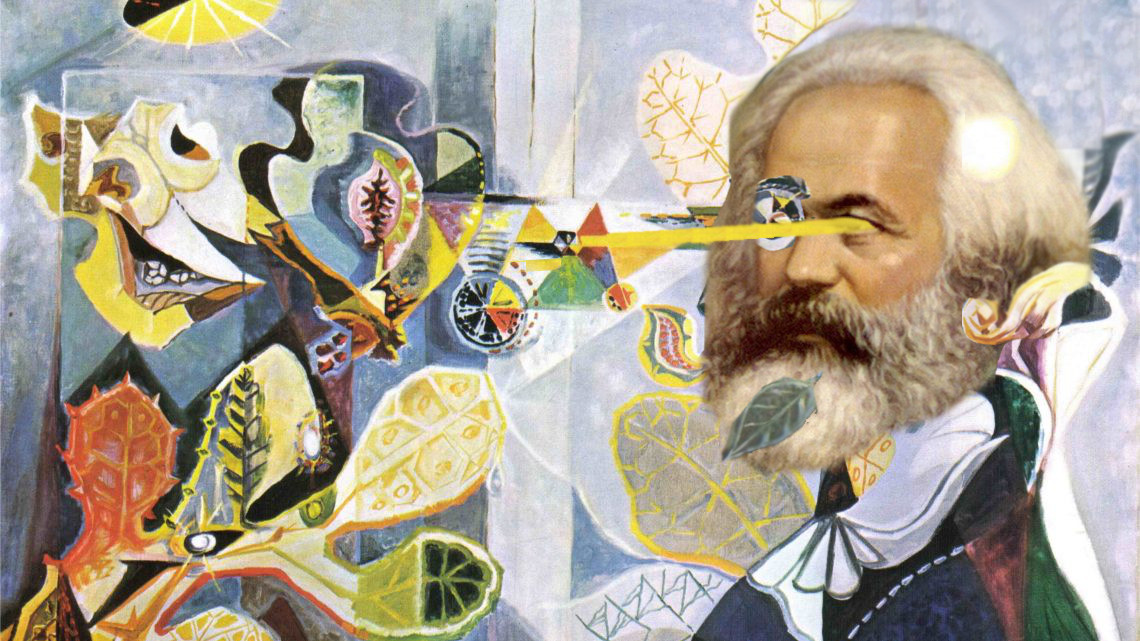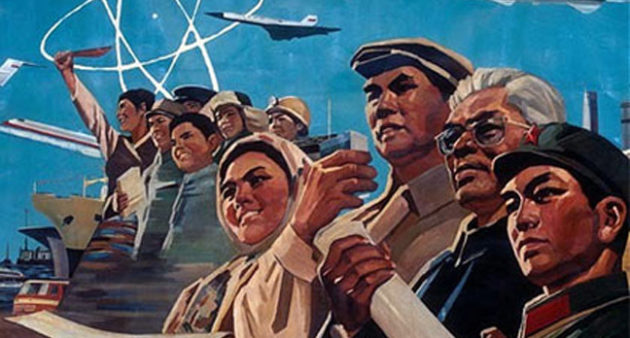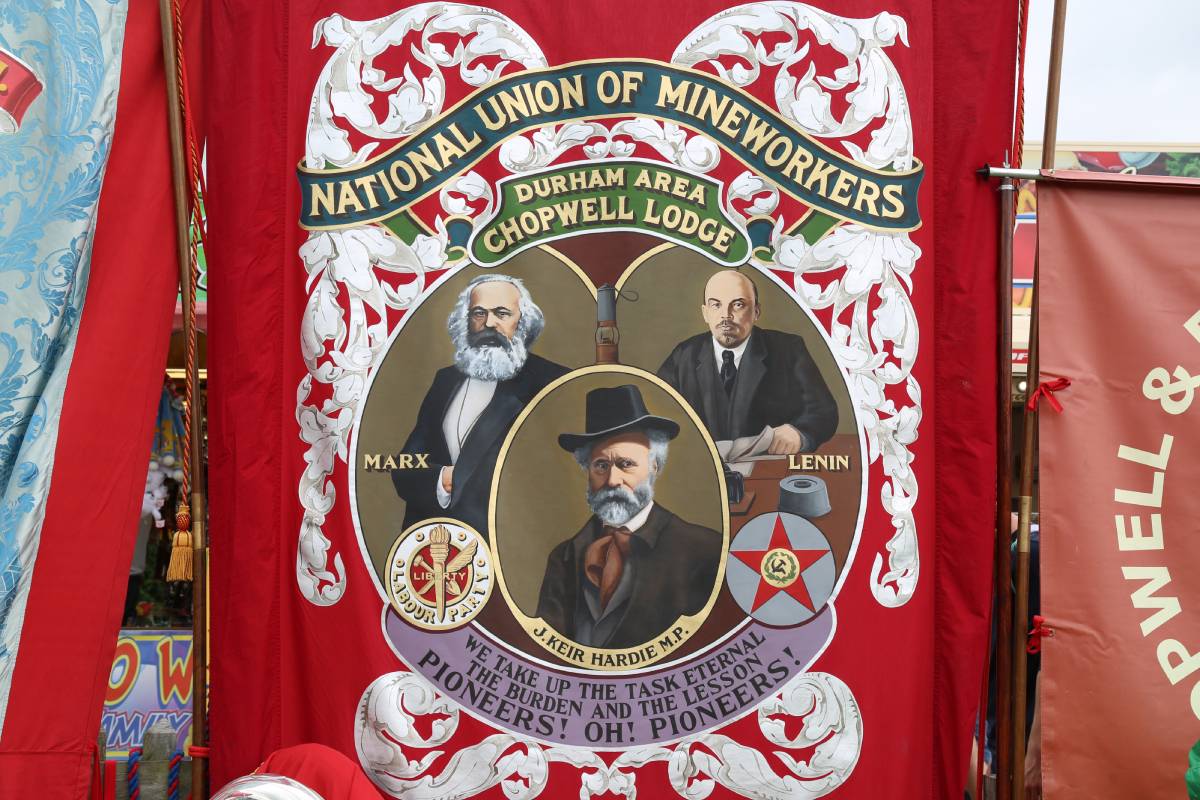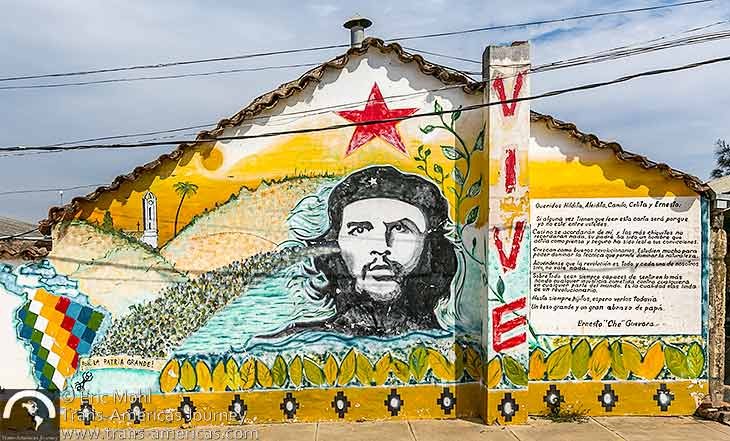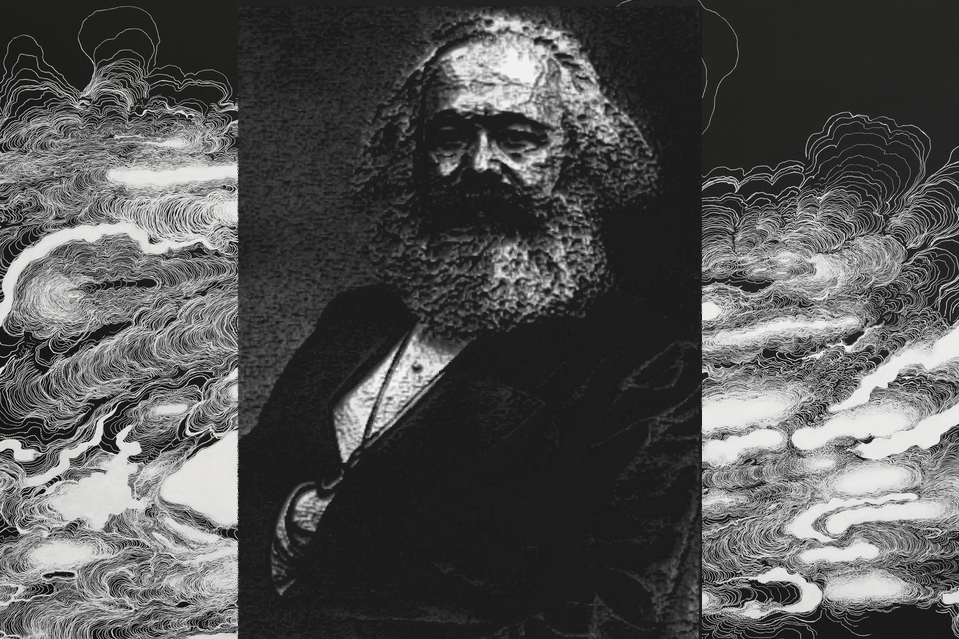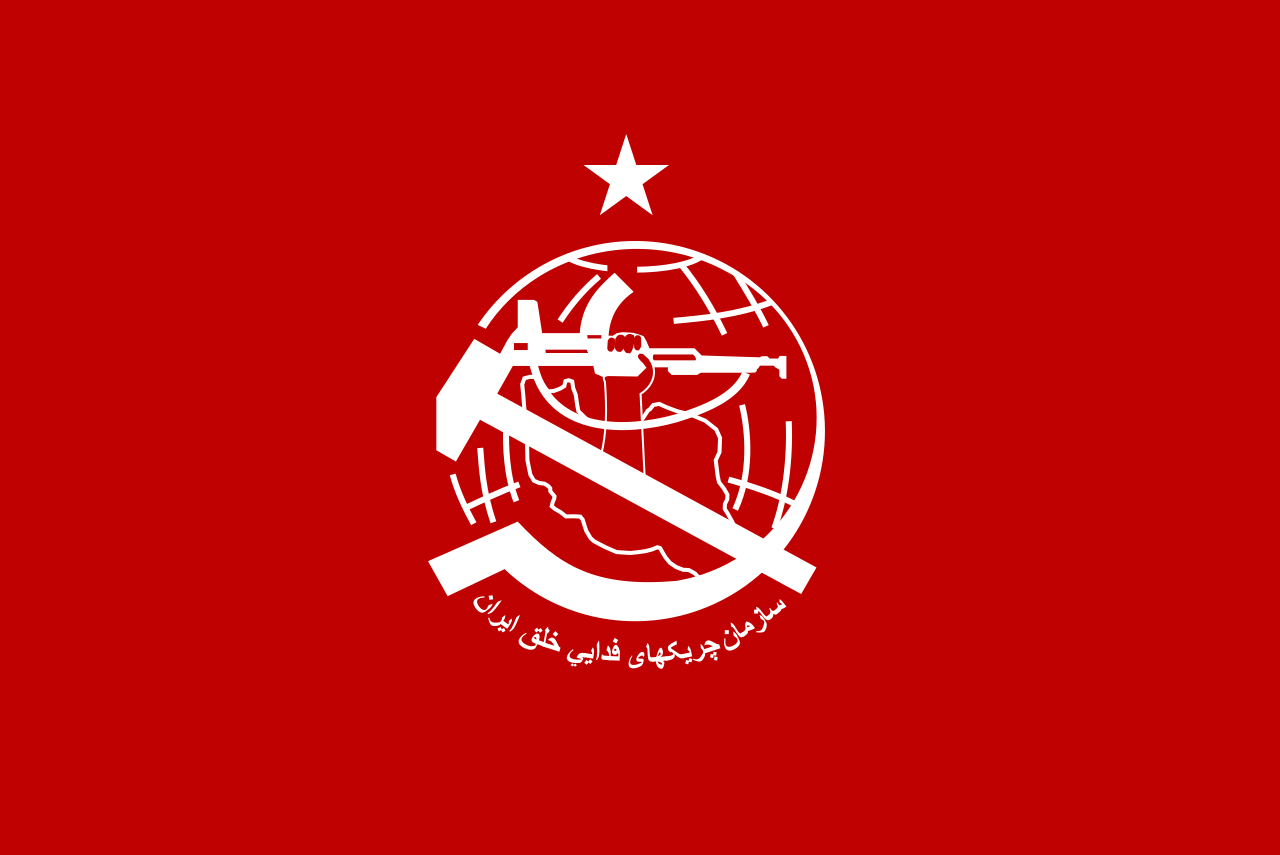Alex and Rudy welcome historian Cliff Conner for a discussion of his recent book The Tragedy of American Science: From Truman to Trump. They discuss how this tragedy is a tragedy of capitalist science which is seen across the capitalist world, the role of science as an unchallengeable source of authority, and how that is squared with the anti-intellectualism needed to sustain a power structure, the influence of money in regulation and research, the precautionary principle and the risk-assessment principles for commercializing new products and the use of reductionism in research and how that is inseparable from the bourgeois mentality. The conversation then moves to the American university and the effect of the Bayh-Dole Act, and the relationship between military spending and research, including the US’s economic addiction to “weaponized Keynesianism” and how American policy makers do not care about the failures of military technology as long as the money keeps flowing. They discuss the ideals of objectivity and neutrality, ‘value-free’ science as an ideological tool, and how the social sciences can strive for objectivity. They end off talking about what changes and what things will stay the same with Biden, and how non-capitalist economies have shown that other models of science are possible where innovation did not rely on profit as a motive.
Buy Cliff’s book here. For early access to podcast episodes and other rewards, sign up for our Patreon.
